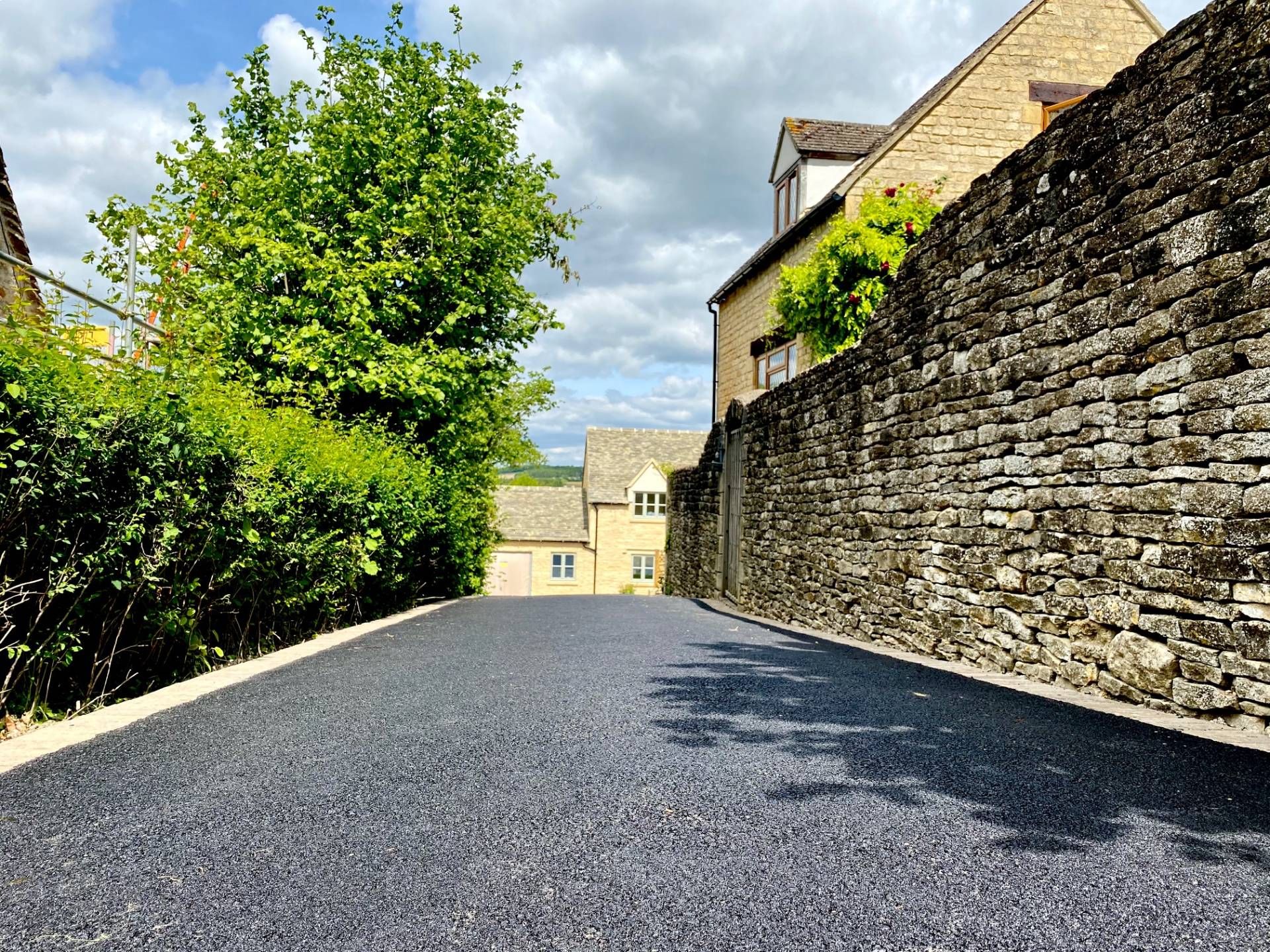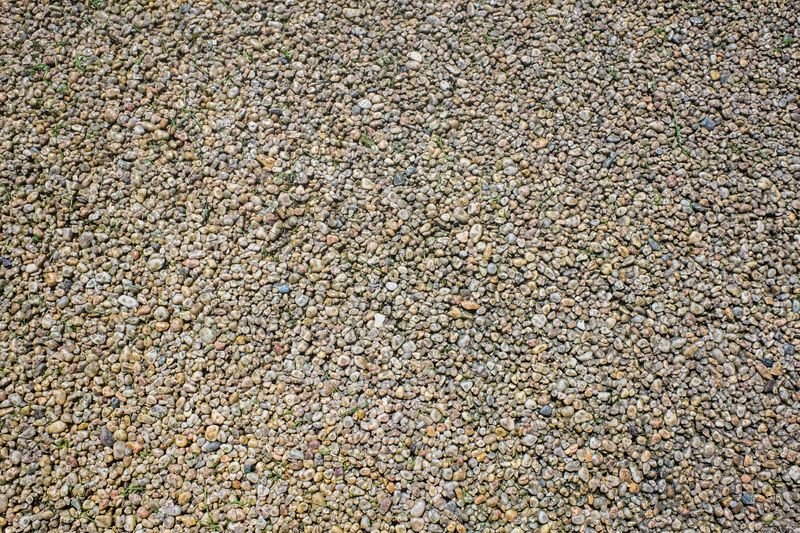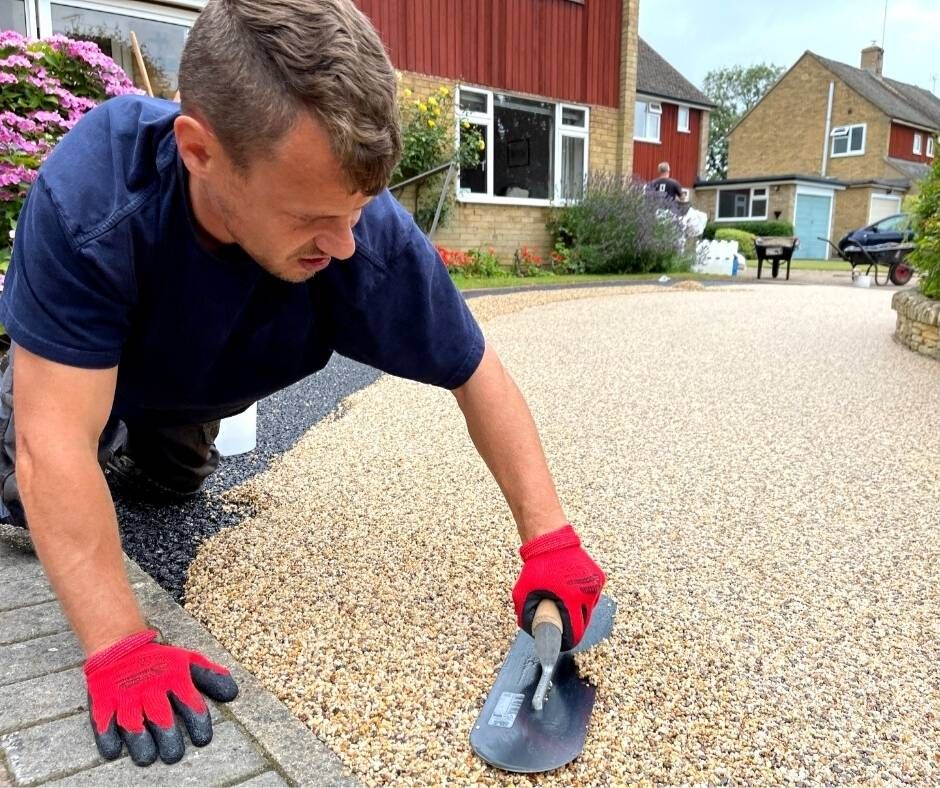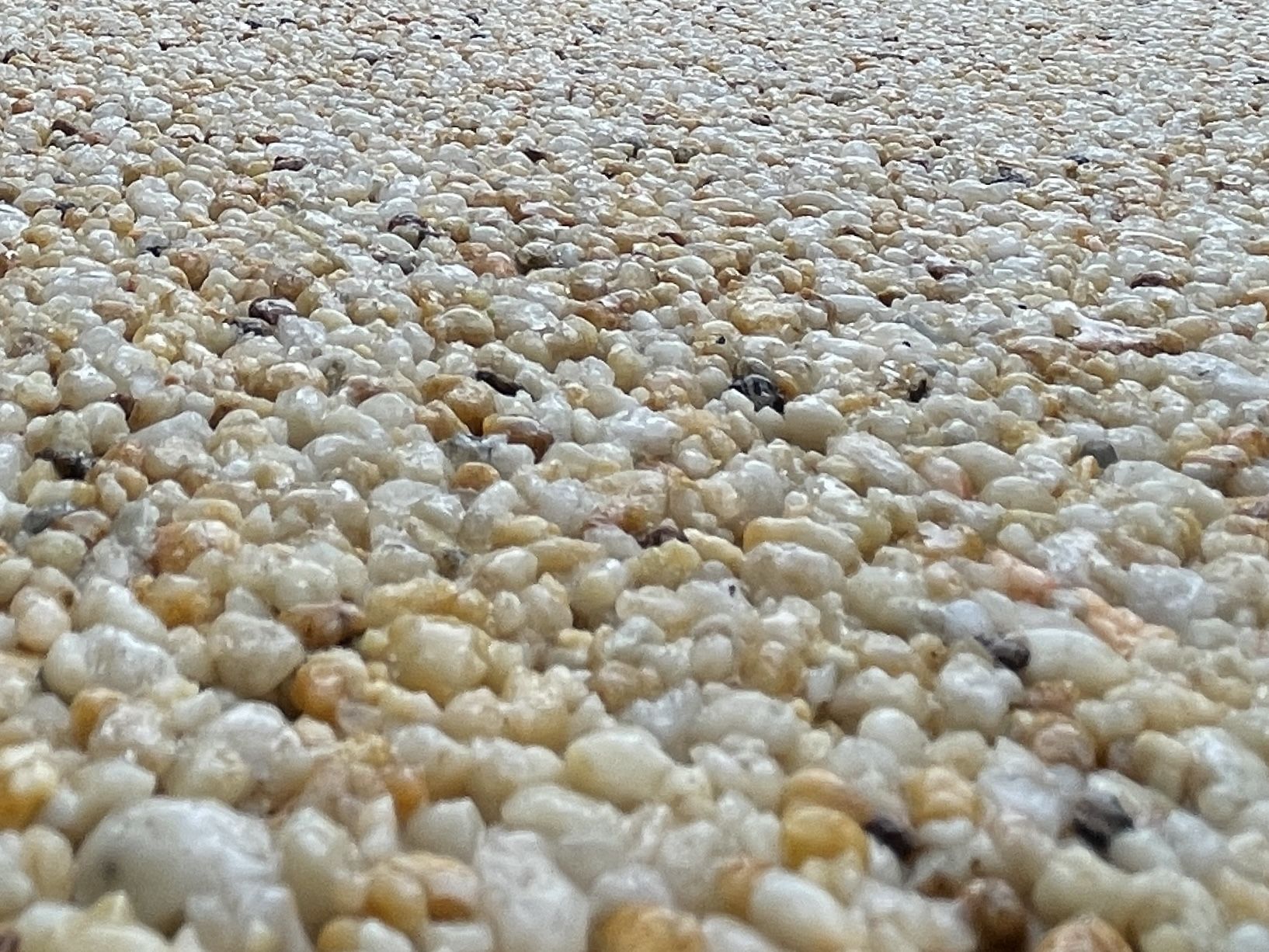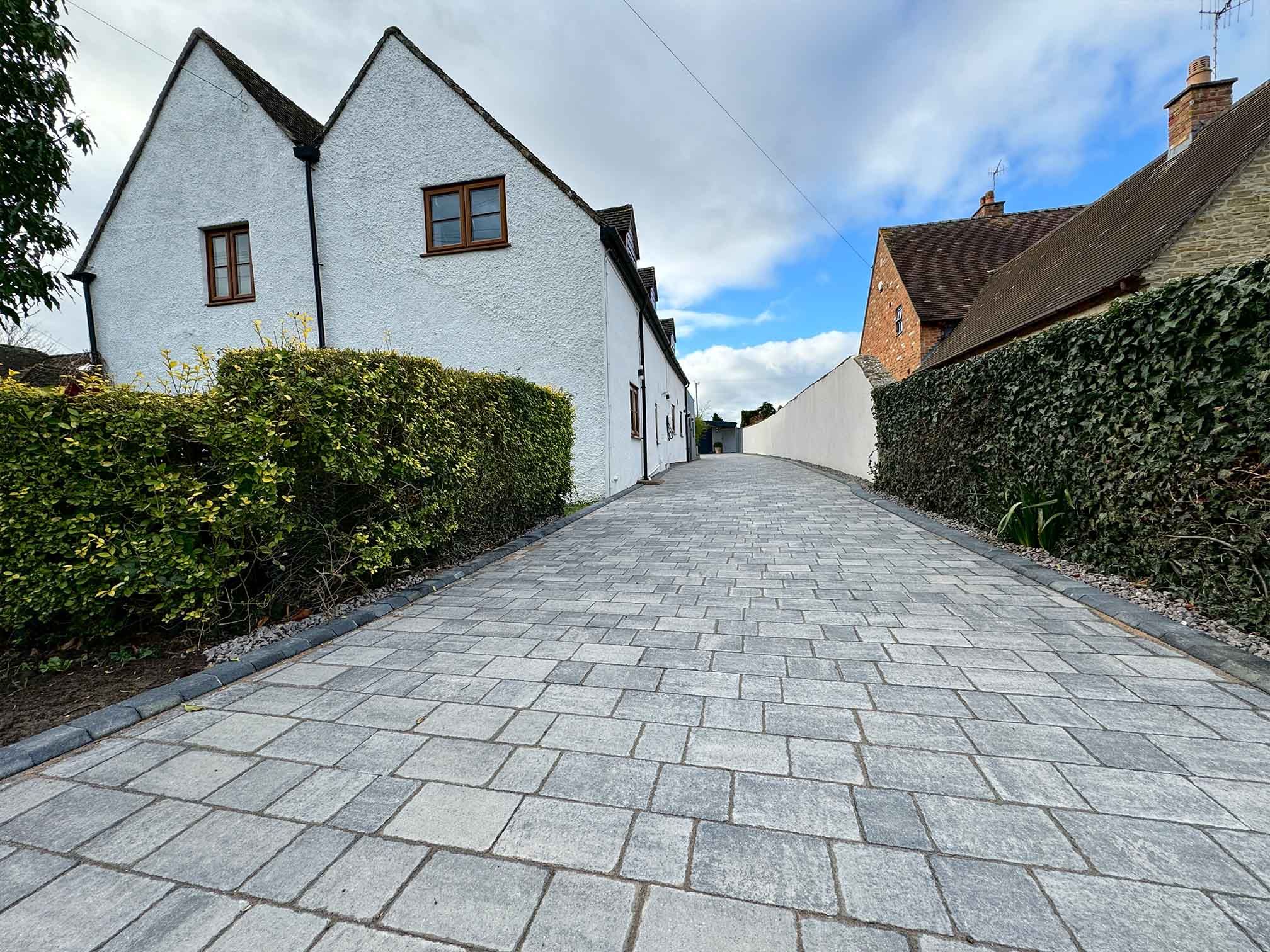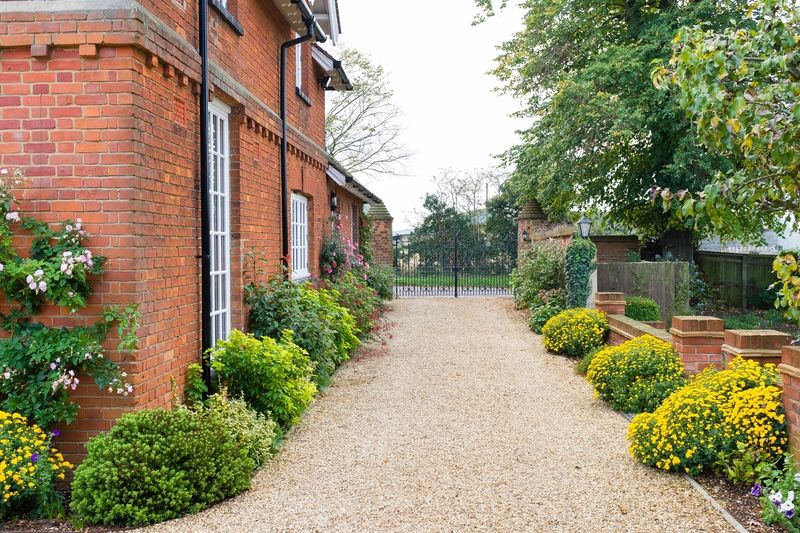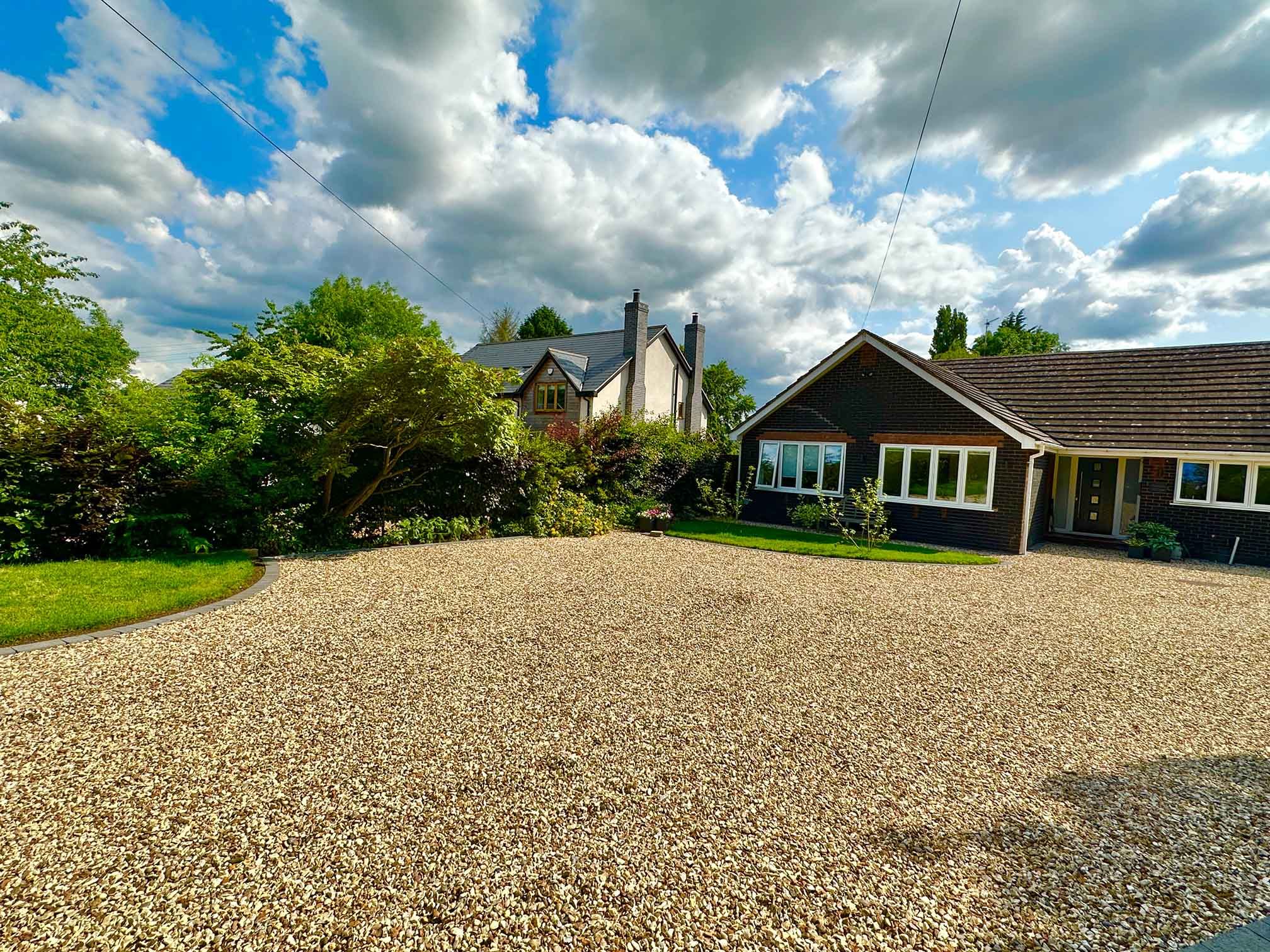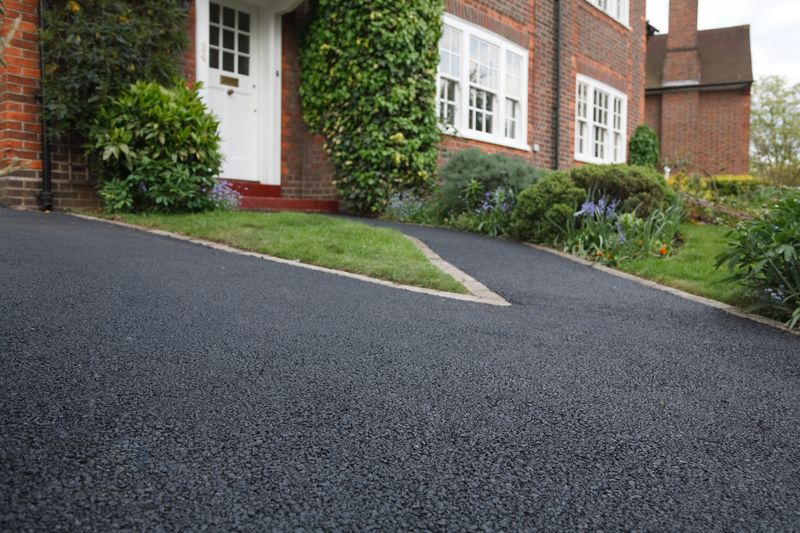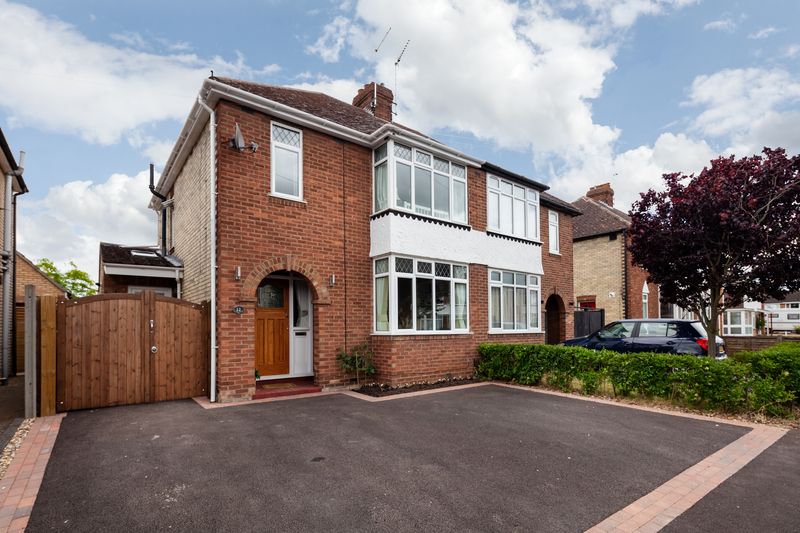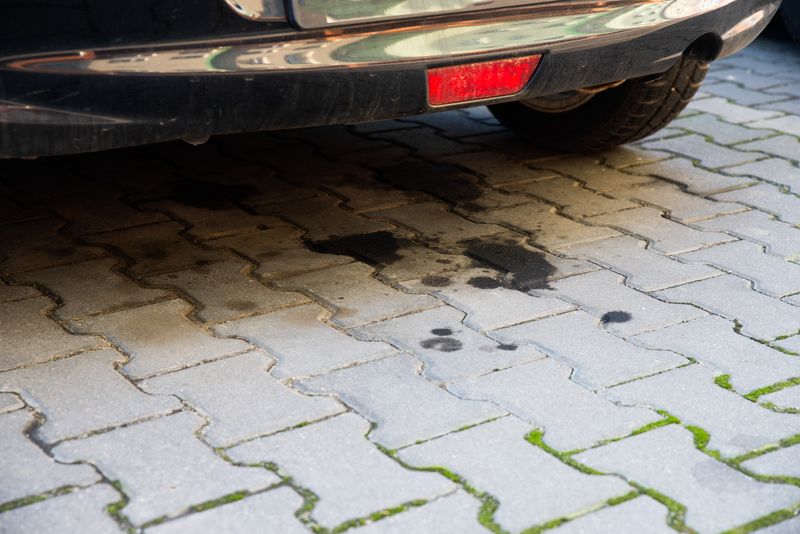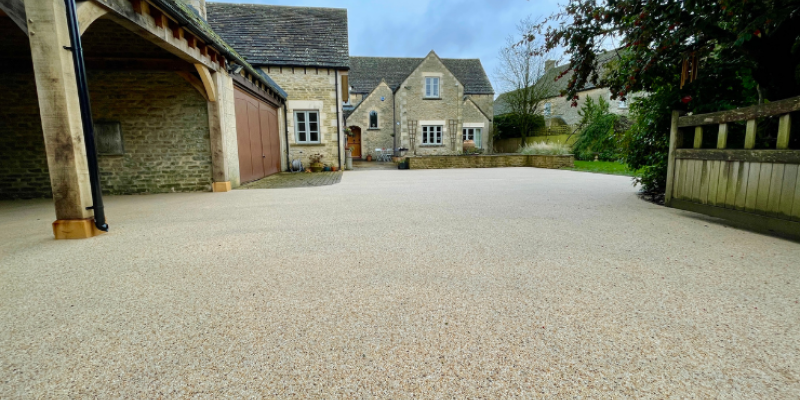
Different types of driveway surfaces
Blog
The driveway provides some of the most depth of flexibility among all the ways you may repair and add to the exterior of your house.
The dimensions and layout of the driveway are important considerations, but the single most difficult problem for homeowners might be picking out the best materials for the construction.
Here, we'll look at all the different materials available and which could be the greatest fit for your home.
Asphalt Driveways
Asphalt is a simple solution with lower costs than most of the other choices for driveways. To determine if Asphalt is right for you, consider three main aspects 1. how it looks in your home 2. your regional climate 3. how much you want to spend.
Maintenance:
To get the most out of the asphalt driveway, clean it at least twice a year with a stiff broom and strong hose spray to remove all the dirt and debris. You should patch up any cracks immediately.
Pros:
- Asphalt is often less expensive than concrete, regardless of whether it is plain asphalt or asphalt stamped into bricks or stones.
- It may be driven on practically soon after it has been completely placed.
- It's also very weather-resistant and great for colder climates.
- It’s more flexible, making it less vulnerable to significant cracking.
Cons:
- Asphalt requires a little more upkeep than concrete.
- The surface can soften and get scorching hot when it’s extremely sunny weather.
- It has a life expectancy of roughly 20 years, whereas concrete has a life expectancy of 30 years with good care.
- Sealing is recommended every 3-5 years.
Gravel Driveways
Gravel driveways are composed of a basic mixture of rock, sand, and clay that is thicker than a grain of sand but less than a cobble. If you live near trees with large roots or your property is prone to movement, gravel is flexible and very adaptable, plus It's a low-cost choice.
Maintenance:
Gravel driveways are much more DIY-friendly to maintain. Yes, they can readily develop potholes and dips, even from normal usage, however, they are easy to fix with a nearby covered pile of gravel, using a shovel to fill them back in. They may need to be regraded every so often, so keep an eye on the driveway thinning and get the top layer replaced to avoid any costly replacements further down the line.
Pros:
- Gravel driveways can last a lifetime if properly maintained.
- Maintenance is not costly and does not necessitate the use of any special tools.
- They can be easily replenished.
- You can avoid large puddles as gravel drains well.
- Easy to fix any potholes with extra gravel.
- Gravel driveways are ready to drive on instantly.
Cons:
- Gravel can wash away.
- Weeds could grow through the gravel so will need to be de-weeded often.
- It’s harder to clean.
- Driving on gravel generates a lot of dust and debris, so your automobiles may need to be washed more frequently.
- When the gravel spreads out, the driveway thins, so you will need to replace the top layer.
Block paving driveways
Paved driveways can be formed of bricks, concrete, or other materials, each having its own set of advantages and disadvantages.
Maintenance:
Weeds and moss can grow between the blocks as airborne seeds settle, so this will need to be cleaned out regularly. To clean the driveway, use soapy water and a stiff broom to scrub the paving and then hose it down with clean water.
Pros:
- Pavers are clean and naturally beautiful, with different colours and sizes to choose from.
- They are easier to clean and maintain compared to other driveway materials.
- Pavers are very hard wearing and can easily cope with motor and pedestrian traffic.
- They feel much more pleasant underfoot than alternatives such as gravel.
- The compact patterns are conveniently created to suit slopes or smooth out uneven terrain
Cons:
- Pavers are almost always more costly than other driveway options.
- They take longer to lay, so your drive may be out of action for a little while longer.
- Water erosion, as well as freezing and thawing, can generate splits, but individual paver replacement is not difficult.
Tarmac Driveways
Tarmac driveways are a flat, smooth, slightly flexible surface that is cost-effective, being one of the cheaper options for a driveway.
Maintenance:
Every 3-5 years tarmac should be sealed to help keep it clean and protect against spillages. To keep your tarmac clean from biological growths, that can turn into unsightly white mush, use a light power wash on the driveway.
Pros:
- Tarmac is very durable, withstanding both high and low temperatures easily.
- Tarmac is low maintenance, requiring merely the replacement of loose stones.
- The finish is a smooth, permeable surface, perfect for cars and other vehicles.
- It’s a cheaper option compared to other driveway surfaces.
Cons:
- The surface will need to cure or solidify for several days before you can use the driveway.
- Potholes or cracks can appear and if not fixed, weeds, moss, and algae can grow in the gaps making it slippery.
- Tarmac can be damaged by diesel, petrol, and other automotive oils.
There are several aspects to consider while selecting the best driveway for your property. Cost, upkeep, lifespan, and aesthetic appeal are all essential considerations. Whatever style of driveway you pick, be sure you have the correct staff to install it. If we can help you with your choice of surface then get in touch, we also provide a free measuring and quote service with no obligation to buy.
